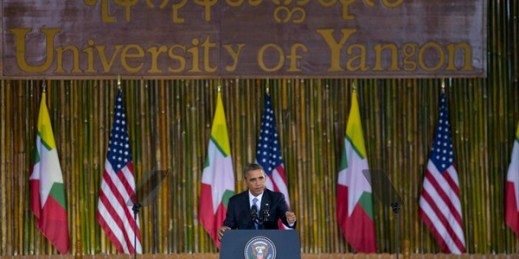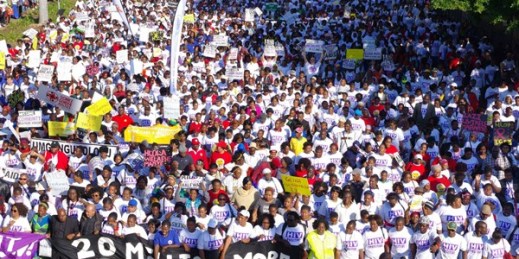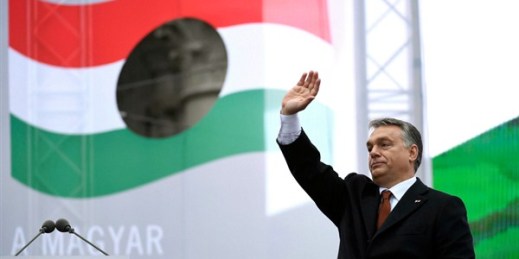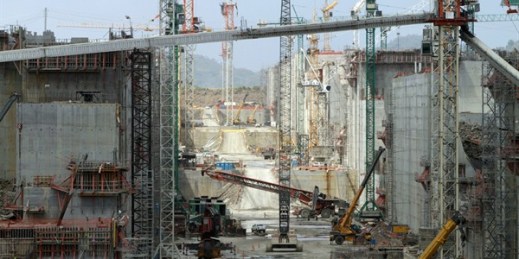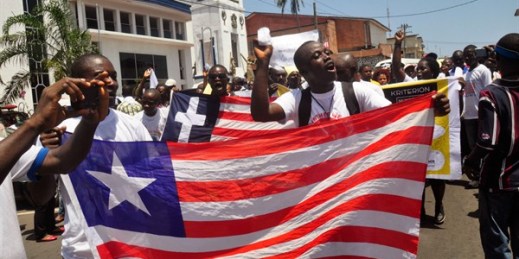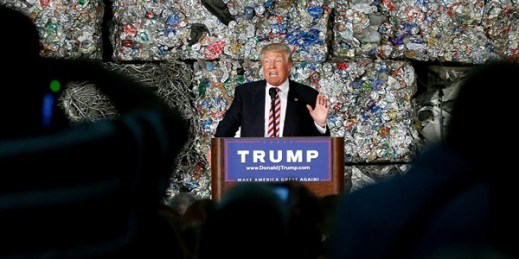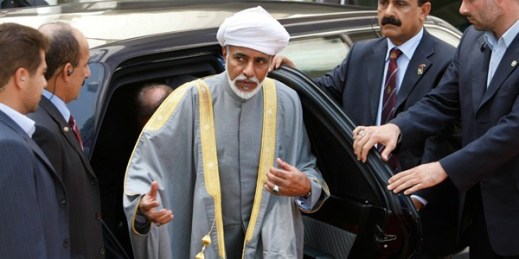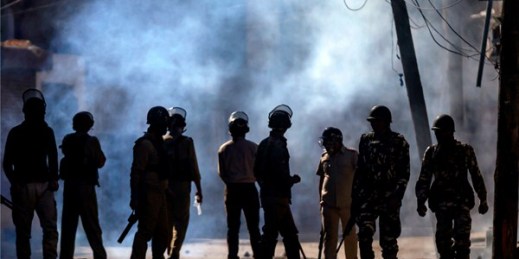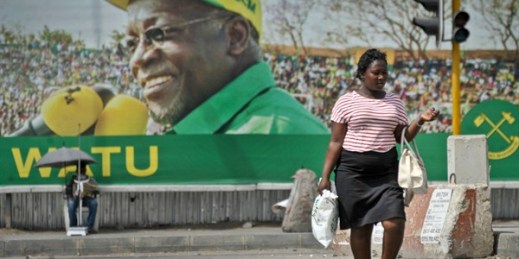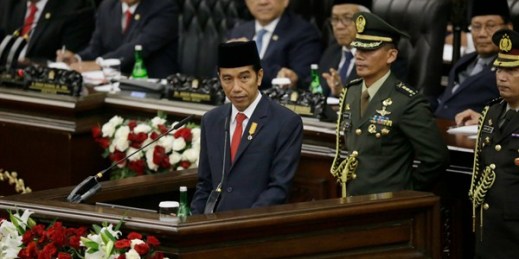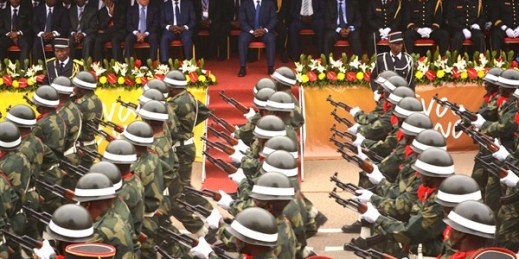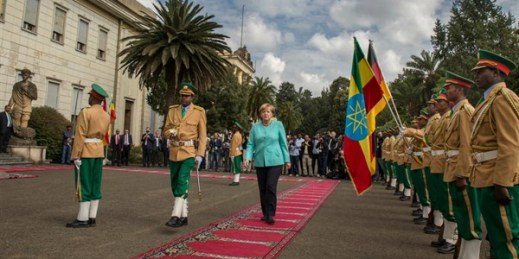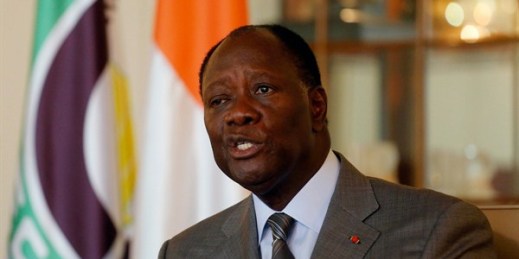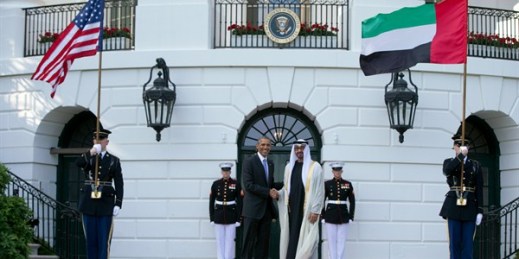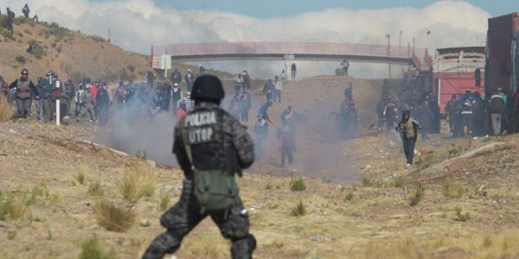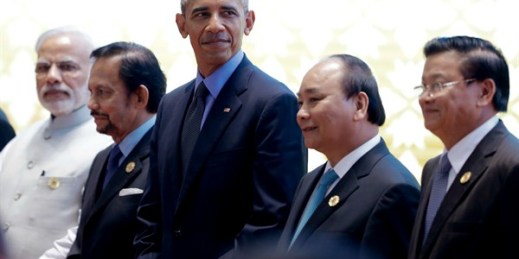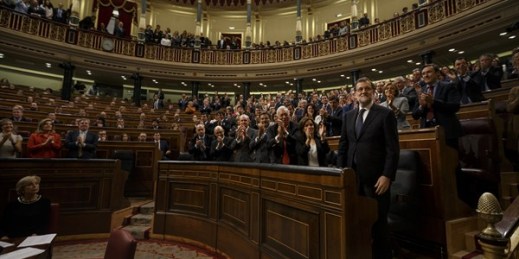
Mariano Rajoy of the conservative People’s Party was sworn in on Monday for a second term as Spain’s prime minster, bringing an end to 10 months of political deadlock that included two inconclusive elections. On Saturday, Spanish lawmakers voted 170 to 111 in favor of Rajoy, while 68 members of the Spanish Socialist Workers’ Party (PSOE) abstained. Saturday’s vote came two days before a deadline to avoid a third election in less than a year, which most parties and the public wanted to avoid. In late August, Rajoy brokered a deal with the center-right Ciudadanos party that shored up significant […]

